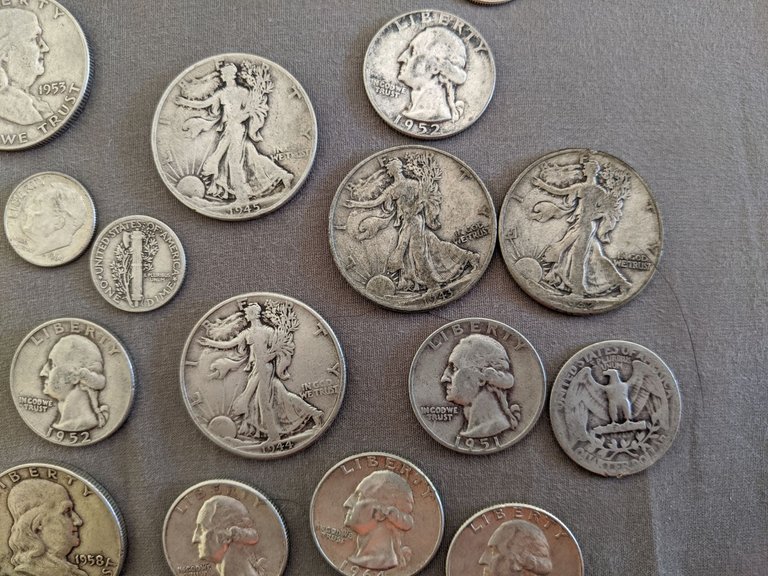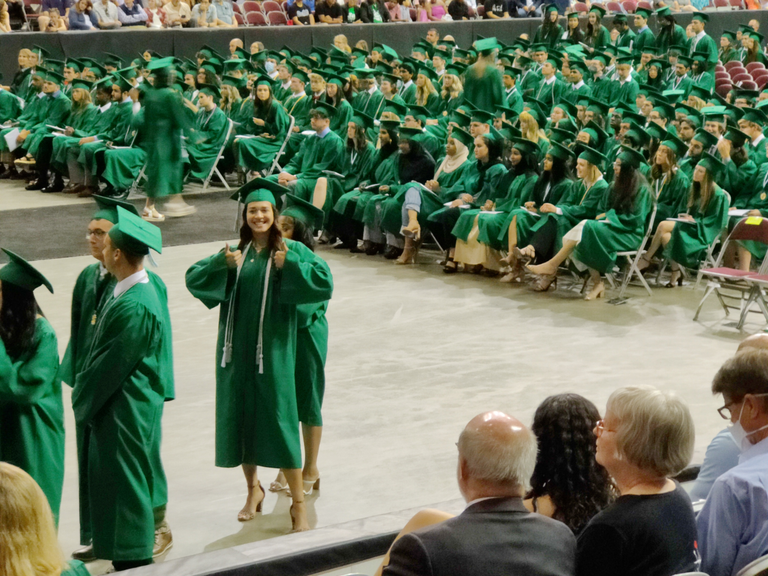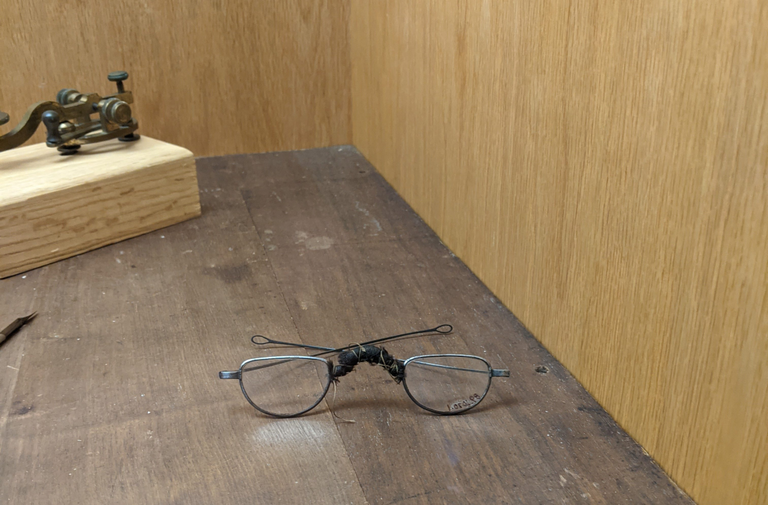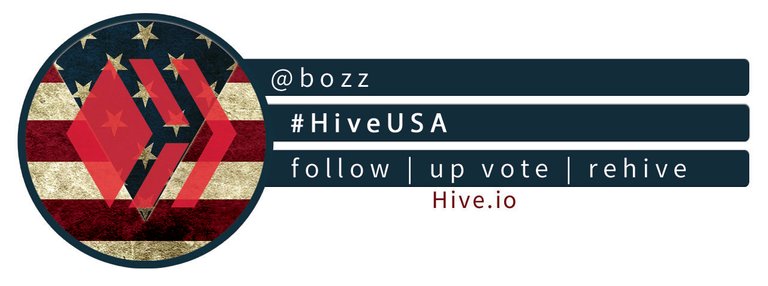
Believe it or not, for once this post isn't about crypto. I know it's probably easy to go there when you hear the words "currency of the future", but nope, that's not what this is about. It's actually probably a bit of a misnomer to describe what I am talking about as the currency of the future. In fact, it has probably been a currency long before currency was ever a thing. It's been traded, discovered, sought after, and hoarded for millenia.
Based on the opening photo, your mind may have immediately gone to precious metals. Nice try, but in this case you would also be wrong.
Instead, what I am talking about today is knowledge or information. I've been having some interesting thoughts about these two concepts lately, and I thought I might ramble about it a bit here in the #reflections community.
I'm in the fortunate/unfortunate position that I work for a public school district in a relatively small town. It's a good thing because the town is small and therefore the district is small. It's a bad thing because the town is small and therefore the district is small. As you can imagine people in small towns talk.
Actually, people in big towns talk too, there's just less of a chance that what they are talking about is going to get back to the person they are talking about. It will literally make your head spin how much people are in each other's business. I'm fully aware this has probably been going on since the beginning of time, but it's interesting how people's attitudes have shifted over time.

These days, it's almost as if people feel that being in control of the knowledge is a right. Of course, knowledge comes in different categories. You have general knowledge that everyone has a right to, higher knowledge that you have to work for, and then personal knowledge which quite honestly is nobody's business.
There could be more categories of course but the problem is the lines have been blurred between each of those categories these days. Perhaps with the Internet knowledge is so readily available that people think they are entitled to all of it. Even worse, they have the misconception that knowledge or information is theirs to do with as they wish.
In the US, we have a rule called FERPA. It stands for the Family Educational Rights and Privacy Act. Like HIPAA for health professionals, FERPA is meant to protect sensitive information about students. Oddly enough, certain things like their name, date of birth, and address is considered "Directory Information" and while parents have to be alerted if it is shared, districts can share it (they still don't usually).
Then there are the more sensitive pieces of data. Things about a students home life, disability, or other things. Those are protected by FERPA and should only be talked about by people who are directly involved in the education of the student. For example, if a teacher doesn't have that kid in any of their classes, they shouldn't be talking about them.
I'm guessing you probably know how that works out.
@mrsbozz has been a school social worker for over 15 years and confidentiality has always been one of thing things she hangs her hat on. In turn the lack of it in most cases has become a pet peeve of hers.

As I said though, these days it's almost like people feel they have a right to any knowledge or information. Then we also have the cases where information has become weaponized or a currency to be bartered with between individuals. Information they don't necessarily have the right to, but they wield it like a weapon of mass destruction with little thought about the collateral damage.
Knowledge is power indeed...
Don't get me wrong, I'm all for freedom of information, and I know there is a lot of shady stuff that people keep secret, but is there a line? We've had instances in the past where a local news anchor or a school administrator has suddenly taken a job elsewhere. It never fails that social media will be full of people demanding to know the full story.
Again, they think they are entitled to some piece of information that is really none of their business. Maybe it was a personal reason, maybe it was indeed an injustice, but who gets to decide that? Of course, in the case of the school, if kids were in danger, I can see a statement needing to be made, but again, everyone thinks they deserve to know every single detail of every situation.
Do they?
Here's another example. Two kids get in a scuffle on the playground. Both kids had a part in it, so both kids get punished. Parent A doesn't necessarily complain about their kid being punished (actually these days they usually do), but they demand to know how student B was punished. Sorry, but you aren't entitled to that information. In fact, it would be a violation of student B's FERPA rights if we told you.
Obviously, they then take to social media and put the school district on blast for this injustice they feel has been dumped on them.
That's probably a topic for a different post though.
What do you think? Has knowledge or information been weaponized? Has it always been, it's just more obvious now because of social media? Where should the boundaries be and who gets to decide what is acceptable?
I look forward to your comments!
Sports Talk Social - @bozz.sports

